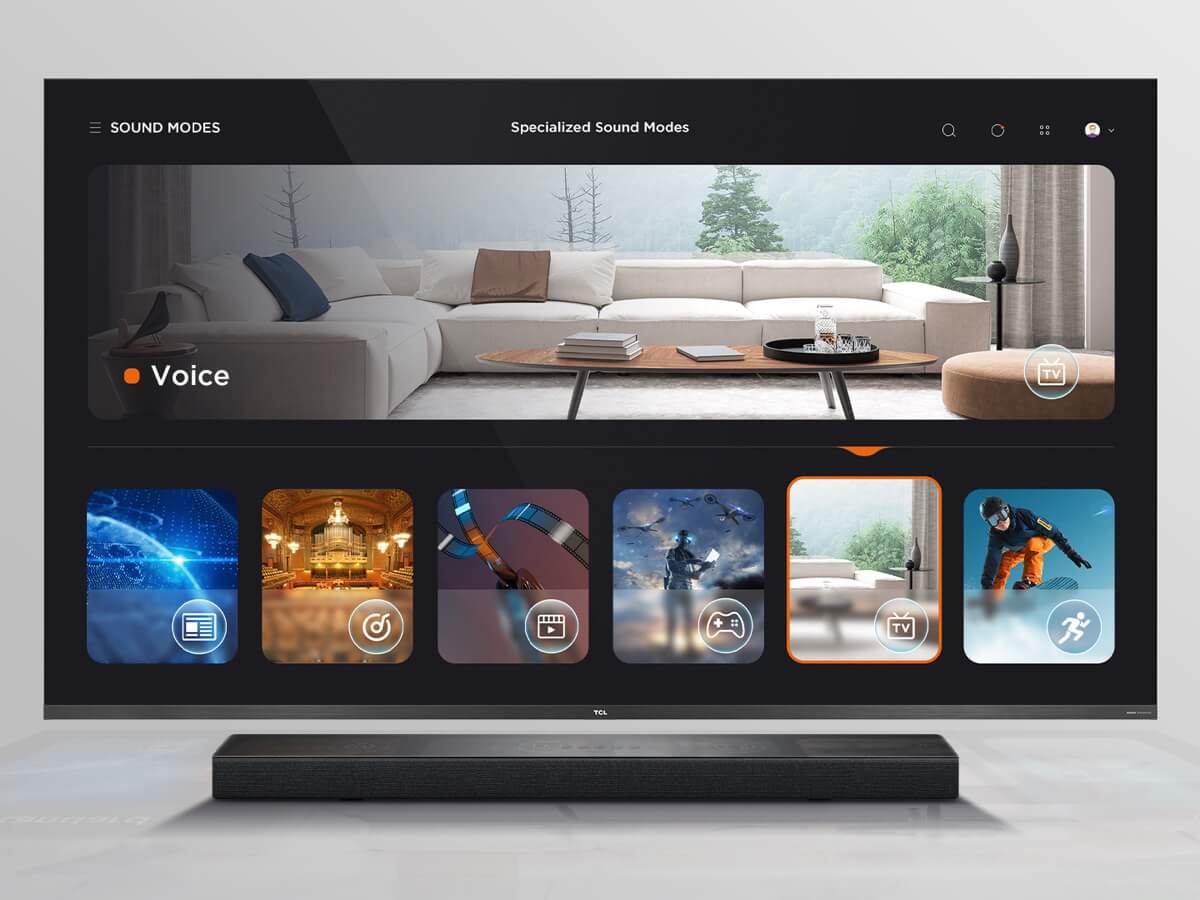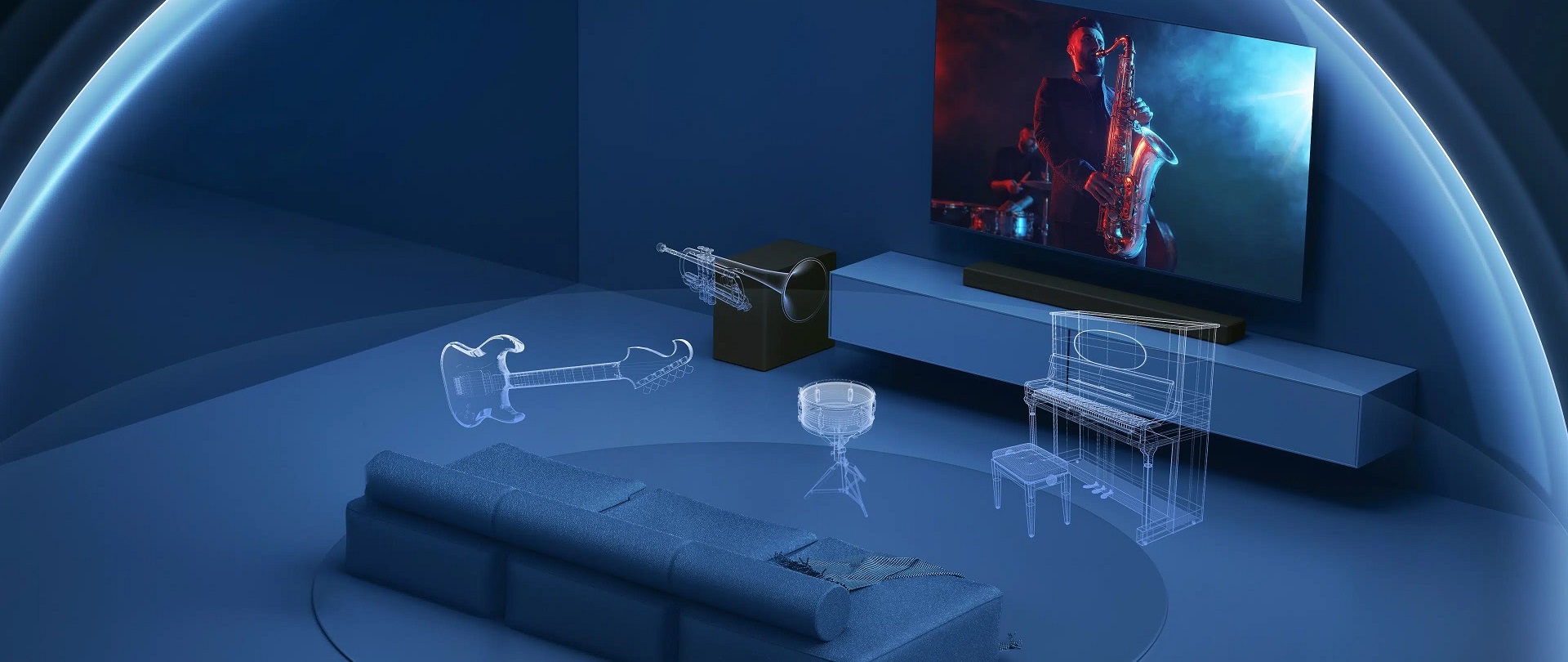南宫ng·28(中国)官方入口
Introduction
If you're in the market for a soundbar, you've probably come across the term "subwoofer." What is it? How does it work? And should you even add one to your setup? In this article, we'll go over some of the basics so that when you go shopping, you can be sure to get exactly what you need.
What is a soundbar?
A soundbar is a type of loudspeaker designed to project sound from a wider area. Its length accounts for the majority of its size, while its height is usually small. Its length and design are intended to improve acoustics while also being suited for placing above a TV, computer, or as an addition to a home theater system.
As modern televisions became thinner and thinner, sound quality suffered as well. Soundbars were a compact solution for delivering superb sound to complement the high-quality graphics supplied by flatscreen televisions.
Soundbars have several speakers in a single unit, and you can control the volume and bass with the remote control. The main advantage of having a soundbar is that it eliminates the need for multiple speakers surrounding your TV, which frees up space in your room. There are also no wires to deal with because most models connect directly to your television via HDMI or optical cable, while some can connect via Bluetooth.

南宫ng·28(中国)官方入口
What is a subwoofer?
A subwoofer is a speaker that produces low frequencies, which means that it can provide a fuller sound than your standard speakers and make the music or movie more immersive. In general, the frequency range of a subwoofer is:
For ordinary consumer products, the frequency range is 20-200Hz.
For professional live sound, keep the frequency below 100Hz.
Below 80Hz on THX-compliant systems (high fidelity audio/visual reproduction requirements).
Subwoofers can be built into a soundbar or they can be separate units placed on the floor or mounted on stands. They are not as location-specific as left and right speakers (which must aim their sound toward the listener) and can be moved about the room to find the best position. Subwoofers are available in passive models that draw power from the receiver's amp or active models that require their own power source.
When do I need to add a subwoofer to my soundbar?
If you’re looking for the best sound quality, then a dedicated subwoofer could be just what you need. When you add a subwoofer to your soundbar, it helps to create a more immersive listening experience by producing music's lower frequencies. These include low notes in acoustic instruments and vocals that are present in every song we listen to. If you're looking for more bass response, adding a subwoofer can also help fill out the soundstage of your system so you can hear every note in the low-frequency range at maximum volume without distorting or clipping.
In addition to providing deeper bass output, adding a separate subwoofer allows for greater speed and precision in low-end transients. Transients are notes with strong amplification that are given in short bursts at the beginning of a waveform. Rapid starts and pauses in voices and instrumentals might result in a smeared, lackluster acoustic image. An excellent subwoofer has the speed and reaction to create transient sound with impact and realism that most subsystems do not have.
Conclusion
When it comes down to it, the difference between a soundbar and a subwoofer is pretty simple. A soundbar is an all-in-one solution that's designed to deliver better sound than your TV speakers without breaking the bank. You can set one up yourself in minutes, connect it to your TV via Bluetooth or HDMI cable and enjoy great sound right away.
Subwoofers are just what they sound like: big bass machines that pump out the low frequencies so you hear every detail of your favorite music or movie soundtrack.
Check out 南宫ng·28 soundbars with wireless subwoofers! Also, you could check this guide to buying a soundbar.
Connect with us on Facebook, Instagram, Twitter & YouTube for the latest updates on our 南宫ng·28 products and events.
